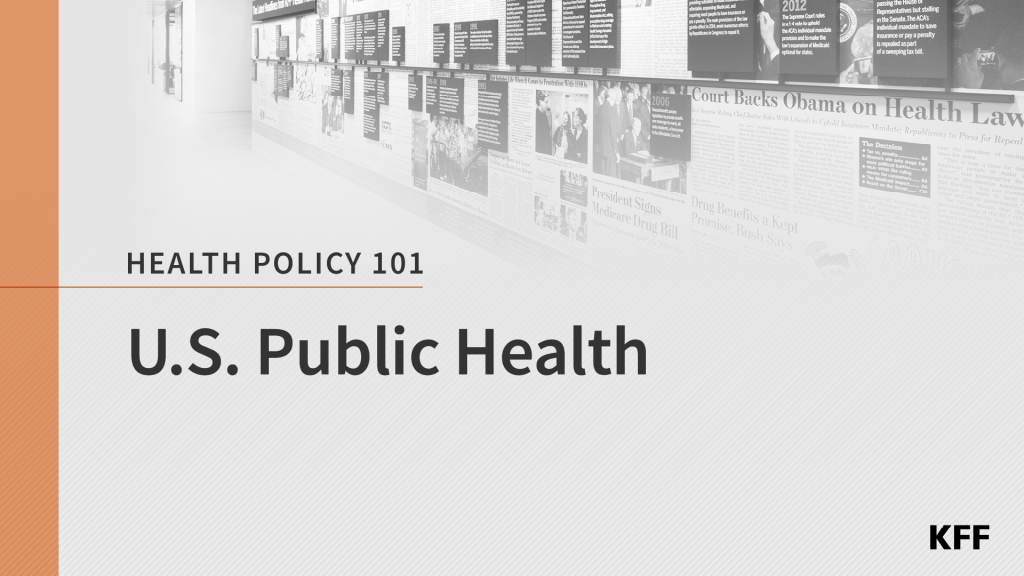KFF/Washington Post Poll Looks at Parents’ Trust in Children’s Health Content on Social Media, And Unfounded Claims About Abortion Pill Safety Follow FDA Approval of Generic Version – The Monitor
This volume shares findings from the KFF/The Washington Post Survey of Parents about exposure to and trust in children’s health content on social media, along with misleading claims following the approval of a generic version of mifepristone, reports of autism possibly being added to the Vaccine Injury Compensation Program, and patients using AI chatbots to interpret lab results.
